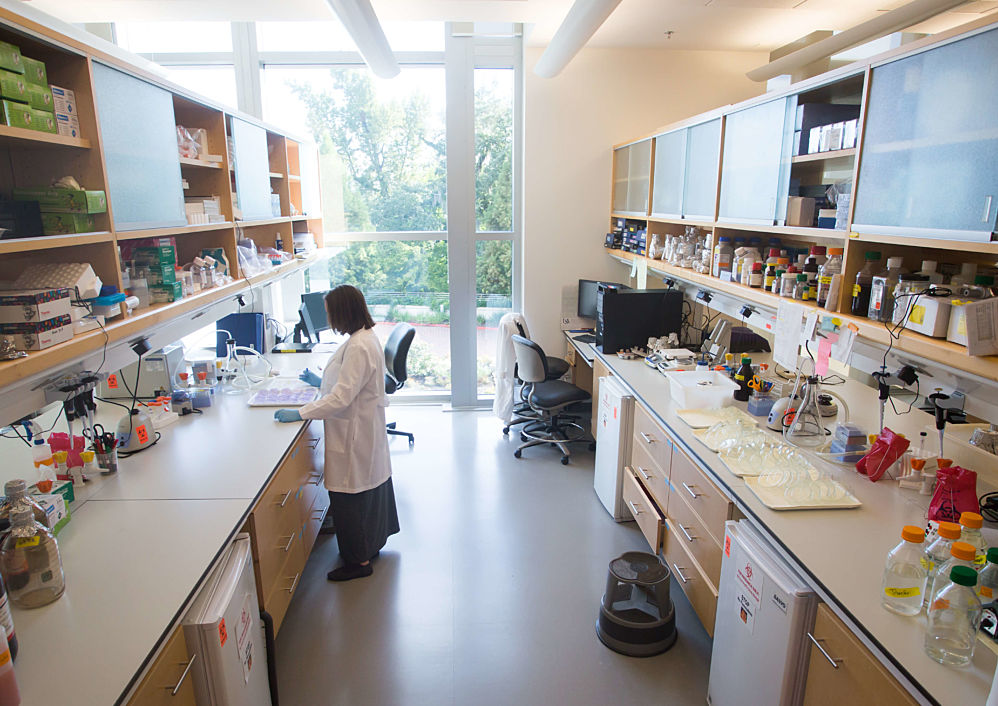Before signing up to participate in a clinical trial, it’s important to learn what a clinical trial is, how it works and what you can expect as a participant.
What is a clinical trial?
A clinical trial is a research study in which participants help doctors answer questions about how to treat certain health problems or how to improve current treatments. Clinical trials have many different purposes. They can be used to test whether certain drugs are effective in treating a particular illness or to find out how particular therapies affect health outcomes. Each experiment tries to find better ways to screen, diagnose, prevent or treat a disease.
Why should I participate in a clinical trial?
Participation in a clinical trial can give patients access to certain treatments that otherwise would not be available to them. It also allows them to take an active role in decisions that affect their lives. In some cases, the research can improve their quality of life, as well as help make medical breakthroughs for future patients.
Who can participate?
Each clinical trial has a specific question that it’s trying to answer. Some trials need healthy participants. Others need participants with a certain health condition or set of conditions. The factors used to include someone in a clinical trial are called inclusion criteria. The factors used to rule someone ineligible for a clinical trial are called exclusion criteria. Researchers may want to include or exclude participants based on age, gender, current health conditions and other factors. The criteria helps to protect participants' safety while also providing researchers with the data group they need for the best results.
What happens during a clinical trial?
Each clinical trial is different. What happens during the trial depends on the purpose of the trial. If you are chosen to participate in a clinical trial, you meet with the research team before the trial begins. The research team is usually made up of doctors, nurses and other healthcare professionals. Every trial has a person in charge, usually a doctor, who is the principal investigator. The team checks your health before the trial begins and fully informs you of the requirements of the trial. They also monitor your health throughout the trial and stay in touch with you after the trial is complete.
Is participating in a clinical trial safe?
Clinical trials have both benefits and risks. The benefits include having access to new treatments not otherwise available that can possibly improve your quality of life or even cure your disease. The risks include spending more time going to appointments than you would in the normal course of treatment, having the drug or treatment not work for you, and having the possibility of health complications. There may also be travel and patient care costs not covered by insurance. The federal government tightly regulates clinical trials to make sure they are as safe as possible for participants.
How do I participate in a clinical trial?
If you are interested in a certain clinical trial, either contact your doctor or fill out the form on the page of the clinical trial that interests you. Below is a link to a list of current clinical trials being conducted by USA Health.
Your doctor can refer you to USA Health researchers who are running the clinical studies. If you fill out a form, a coordinator will contact you with information about the trial. If selected to participate, you must attend a meeting to receive more information about the trial. You will be given as much time as you need to think about it and talk it over with your family. It is okay and understandable if you decide not to participate. If you decide to participate, the principal investigator enrolls you and give you all the information and instructions that you need.
What should I ask my doctor if I am interested?
You should bring a list of questions when you meet with the doctor in charge of the trial. You may want to record the conversation or bring a friend or family member for support and to take notes.
Questions you may want to ask:
- What is the purpose of this study?
- How long will the study last?
- What do I have to do as a participant in the clinical trial?
- Has this treatment been tested before?
- Will I have to stay in the hospital as part of the trial?
- Does my insurance cover the cost of the study, or do I have to pay for it?
- Will my health information be kept private?
- If the treatment I receive during the study works, can I keep taking it?
- Will my doctor be kept up to date on how I’m doing?
- Can I be reimbursed for childcare or travel expenses?
- Will I be able to find out the results of the trial?
- Will I get follow-up care after the trial closes?







